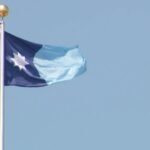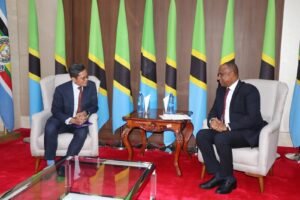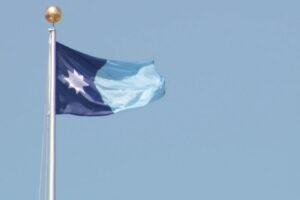In the pursuit of sustainable development and economic growth, political leaders continually seek innovative strategies to propel their nations forward. In Ghana, former President John Mahama has put forth a visionary concept that holds the potential to reshape the country’s economic landscape—the establishment of a 24-hour economy. This groundbreaking initiative is designed not only to boost economic productivity but also to create a vibrant and dynamic environment that fosters innovation and inclusivity.
John Mahama’s vision for a 24-hour economy is rooted in the understanding that traditional working hours often limit economic potential. By extending operational hours to round-the-clock, the aim is to harness the full potential of Ghana’s workforce and capitalize on emerging global trends that demand flexibility and efficiency.
Key Components of the 24-Hour Economy Initiative:
Infrastructure Development:
A critical aspect of the plan involves significant investment in infrastructure development. Upgrading transportation networks, enhancing digital connectivity, and ensuring reliable power sources are essential components that will enable businesses to operate seamlessly throughout the day and night.
Diversification of Industries:
To fully realize the benefits of a 24-hour economy, there is a need to diversify the range of industries that can operate around the clock. While sectors like healthcare and hospitality are natural fits, strategic efforts will be made to identify and support other industries that can thrive in extended working hours.
Technology Integration:
The success of a 24-hour economy is closely tied to technological advancements. Embracing digitalization, automation, and smart technologies will not only enhance operational efficiency but will also position Ghana as a leader in the Fourth Industrial Revolution.
Job Creation and Economic Inclusivity:
A 24-hour economy has the potential to create a significant number of jobs across various sectors. This initiative aims to provide economic opportunities for a wide range of individuals, fostering inclusivity and reducing unemployment rates.
Promotion of Small and Medium-sized Enterprises (SMEs):
Recognizing the vital role that SMEs play in economic growth, John Mahama’s vision emphasizes support for these enterprises. Through tailored policies and incentives, SMEs will be encouraged to participate actively in the 24-hour economy, driving innovation and economic diversity.
Social and Cultural Implications:
Beyond economic considerations, the establishment of a 24-hour economy will have social and cultural implications. Ghana’s vibrant nightlife, for example, could be further leveraged to attract tourism and contribute to the country’s cultural richness.
John Mahama’s vision for a 24-hour economy represents a bold step toward positioning Ghana as a competitive force on the global stage. By embracing this innovative concept, the nation has the opportunity not only to boost economic productivity and create jobs but also to foster a culture of innovation and inclusivity. As the plan unfolds, it holds the promise of transforming Ghana into a dynamic and resilient economy ready to meet the challenges and opportunities of the 21st century.
Source : Modern Ghana











